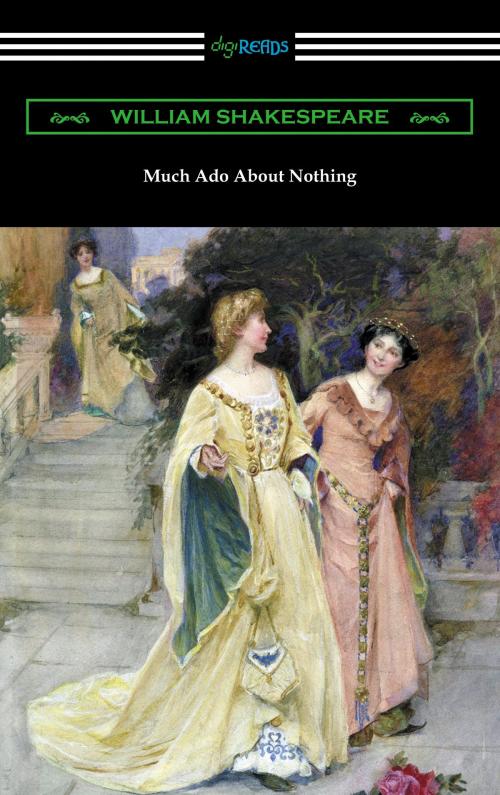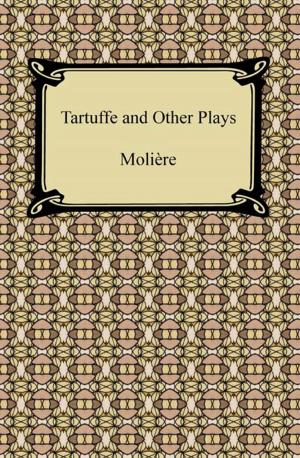Much Ado About Nothing (Annotated by Henry N. Hudson with an Introduction by Charles Harold Herford)
Nonfiction, Entertainment, Drama, Shakespeare, Fiction & Literature| Author: | William Shakespeare | ISBN: | 9781420952872 |
| Publisher: | Neeland Media LLC | Publication: | February 28, 2016 |
| Imprint: | Digireads.com Publishing | Language: | English |
| Author: | William Shakespeare |
| ISBN: | 9781420952872 |
| Publisher: | Neeland Media LLC |
| Publication: | February 28, 2016 |
| Imprint: | Digireads.com Publishing |
| Language: | English |
Generally considered as one of Shakespeare’s best comedies, “Much Ado About Nothing” is believed to have been written near the middle of the bard’s career, sometime during 1598 or 1599. It is the story of Leonato, an Italian nobleman, his daughter, Hero, and his niece, Beatrice. Following the conclusion of a war Leonato welcomes into his house Don Pedro, his good friend; fellow soldiers of Don Pedro, Claudio and Benedick; as well as Don Pedro’s illegitimate brother, Don John. Quickly amorous relations develop between Claudio and Hero and later between Benedick and Beatrice. As wedding plans are being made for Claudio and Hero, Don John tricks Claudio into believing that Hero has been unfaithful. The wedding bliss is briefly interrupted until the truth is finally discovered and the play ends in a joyful double wedding. Thematically “Much Ado About Nothing” is primarily concerned with the fidelity of its characters. Through the use of a series of deceptions and disguises Shakespeare is at his best in creating a comically confounding set of circumstances. This edition is annotated by Henry N. Hudson, includes an introduction by Charles Harold Herford, and a biographical afterword.
Generally considered as one of Shakespeare’s best comedies, “Much Ado About Nothing” is believed to have been written near the middle of the bard’s career, sometime during 1598 or 1599. It is the story of Leonato, an Italian nobleman, his daughter, Hero, and his niece, Beatrice. Following the conclusion of a war Leonato welcomes into his house Don Pedro, his good friend; fellow soldiers of Don Pedro, Claudio and Benedick; as well as Don Pedro’s illegitimate brother, Don John. Quickly amorous relations develop between Claudio and Hero and later between Benedick and Beatrice. As wedding plans are being made for Claudio and Hero, Don John tricks Claudio into believing that Hero has been unfaithful. The wedding bliss is briefly interrupted until the truth is finally discovered and the play ends in a joyful double wedding. Thematically “Much Ado About Nothing” is primarily concerned with the fidelity of its characters. Through the use of a series of deceptions and disguises Shakespeare is at his best in creating a comically confounding set of circumstances. This edition is annotated by Henry N. Hudson, includes an introduction by Charles Harold Herford, and a biographical afterword.















